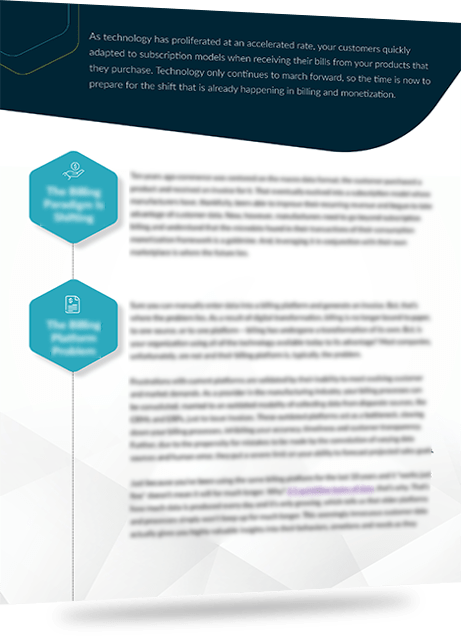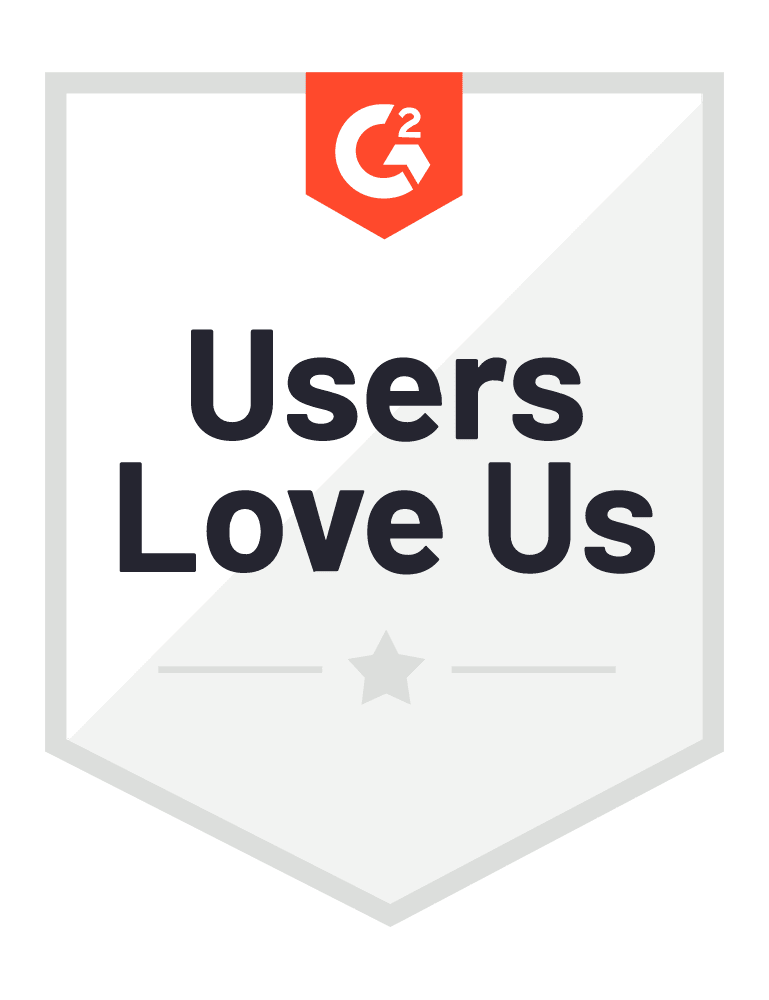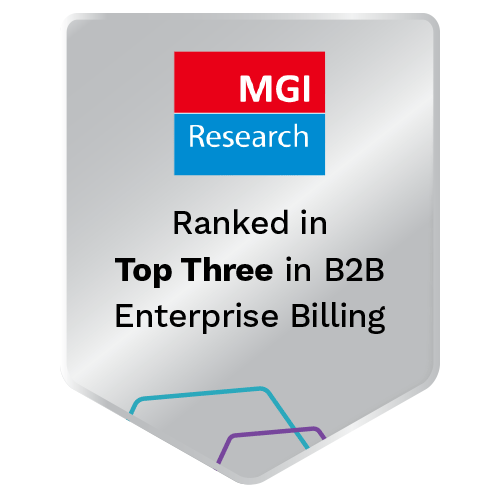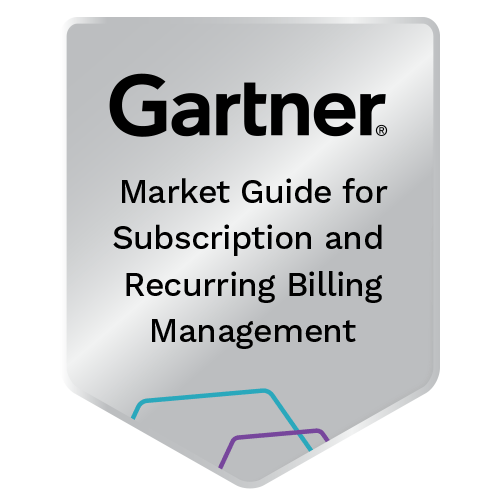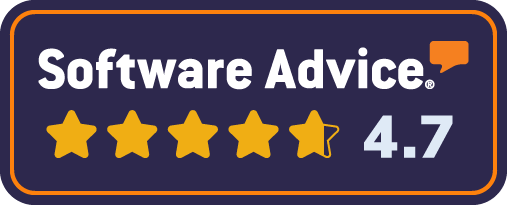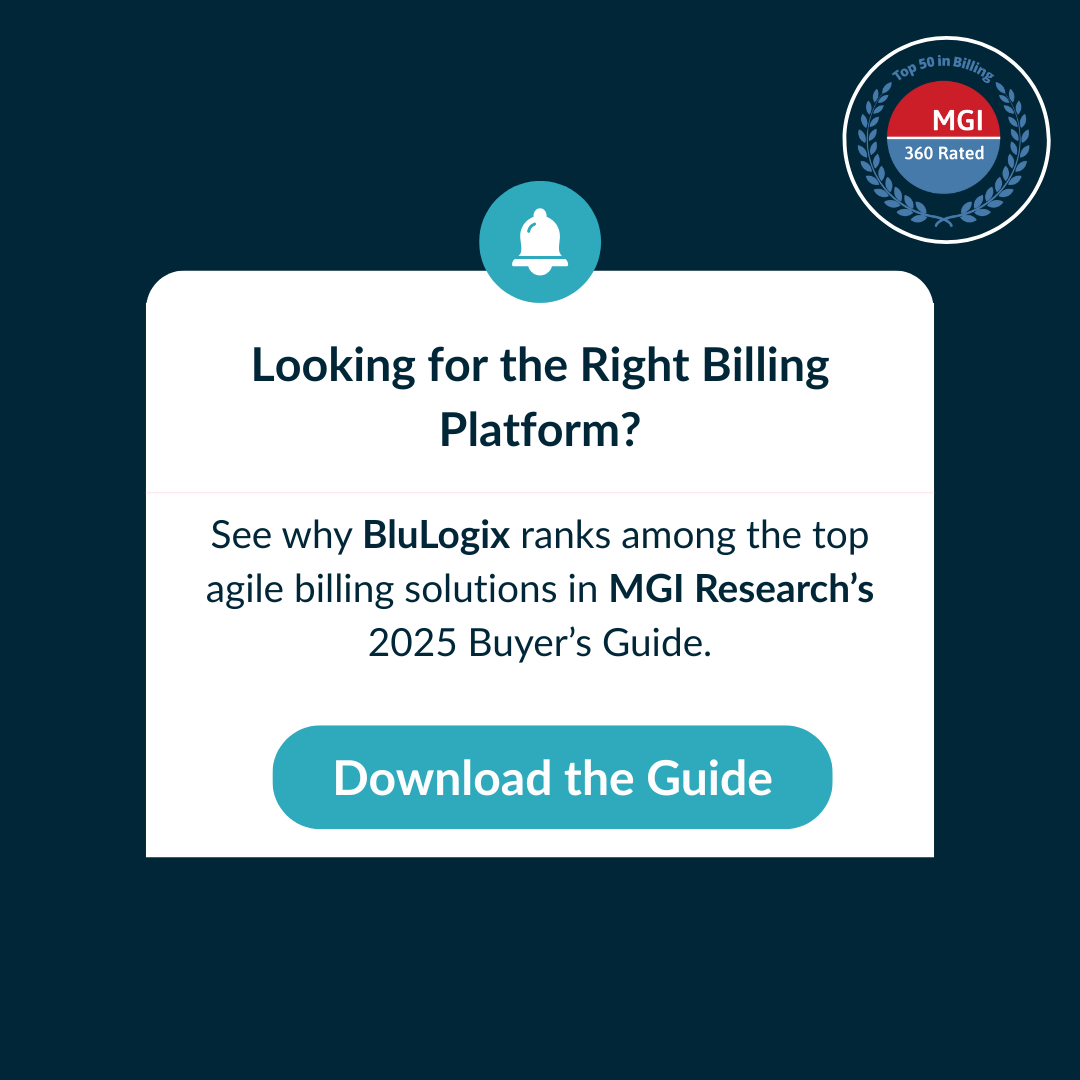Blulogix Whitepaper
The Future Of Manufacturing Industry Monetization Models
The future of monetization for manufacturers is already here, and there’s a wealth of opportunity hidden in your customers’ microdata waiting to be tapped into. Now that we are in a digital economy, the customer mindset has quickly evolved and if you aren’t already preparing and reworking your consumption monetization strategy to leverage this microdata, you are leaving money on the table and setting your organization up for future failure.
Table of Contents
As technology has proliferated at an accelerated rate, your customers quickly adapted to subscription models when receiving their bills from your products that they purchase. Technology only continues to march forward, so the time is now to prepare for the shift that is already happening in billing and monetization.
The Billing Platform Problem
Ten years ago commerce was centered on the macro data format; the customer purchased a product and received an invoice for it. That eventually evolved into a subscription model where manufacturers have, thankfully, been able to improve their recurring revenue and begun to take advantage of customer data. Now, however, manufacturers need to go beyond subscription billing and understand that the microdata found in their transactions of their consumption monetization framework is a goldmine. And, leveraging it in conjunction with their own marketplace is where the future lies.
Aside from the struggle of keeping up with new demands for billing and invoicing with recurring revenue, hiring more people to throw at the problem — in today’s job market — is simply not a tenable solution.
In the face of these issues, many finance teams are asking, “How can we automate?” Leveraging automation instead of more personnel can alleviate many of these problems. When organizations can automate repetitive and lower-value work, like extracting, copying, and inserting data, filling in forms, and completing routine analyses and reports, they free themselves up to be more productive and find innovative ways to impact their bottom line.
Advanced billing automation can even perform cognitive processes, like interpreting data, automating workflows, understanding unstructured data, and applying advanced business rules to make complex billing decisions.
The Data Problem
Sure you can manually enter data into a billing platform and generate an invoice. But, that’s where the problem lies. As a result of digital transformation, billing is no longer bound to paper, to one source, or to one platform – billing has undergone a transformation of its own. But, is your organization using all of the technology available today to its advantage? Most companies, unfortunately, are not and their billing platform is, typically, the problem.
Frustrations with current platforms are validated by their inability to meet evolving customer and market demands. As a provider in the manufacturing industry, your billing processes can be convoluted, married to an outdated modality of collecting data from disparate sources, like CRMs and ERPs, just to issue invoices. These outdated platforms act as a bottleneck, slowing down your billing processes, inhibiting your accuracy, timeliness and customer transparency.
Further, due to the propensity for mistakes to be made by the convolution of varying data sources and human error, they put a severe limit on your ability to forecast projected sales goals.
Just because you’ve been using the same billing platform for the last 10 years and it “works just fine” doesn’t mean it will for much longer. Why? 2.5 quintillion bytes of data, that’s why. That’s how much data is produced every day and it’s only growing, which tells us that older platforms and processes simply won’t keep up for much longer. This seemingly innocuous customer data actually gives you highly valuable insights into their behaviors, emotions and needs as they
pertain to their purchasing behavior with your company. Data provides a deeper understanding of your market while improving your marketing strategies and your customer database. So, having this data readily available in your arsenal after you issue an invoice allows deeper monetization and is a precursor to developing your own marketplace.
If your billing platform and processes are already struggling as they try to leverage this goldmine of customer data, the problem is only going to get worse – and fast. As you add new customers, new goods and services, and team members, your growth outpaces your older platform putting your ability to expand at a severe disadvantage. Meanwhile, your competition gains ground on your market share by creating their own marketplace where your customers find easy access to the products and services they want.
Consolidate and Automate
Automation has been in place for some time but it’s likely not being used to its full advantage by many organizations – it can actually open an entirely new level of productivity. Your organization may have spent hours upon hours manually entering data for years and may not even realize that most, if not all, of those processes can be automated. Meanwhile, consolidation of multiple data sources, like CRMs and ERPs will immediately alleviate common errors and delays. Leveraging platforms that incorporate consolidation of data and advanced automation, the quote to cash process becomes seamless: you can issue an invoice, automate the process of generating a quote, have that process easily convert automatically to an order, and then automatically get provisioned. With that consolidated automation, you can then capture all the charging details so that at the end of the month, you can send you an invoice based on what was ordered and what was used, collect the payment against it, and then manage that payment against a balance within that whole process.
Leveraging Your Own Marketplace Is The Future Of Monetization
Intelligent billing platforms will facilitate new ways to generate revenue, similar to an AWS-like marketplace of its own. And, yes, you can still issue simple invoices while creating a marketplace. And, it can be done with zero engineering resources. In fact, your own company’s marketplace motion can replicate other selling motions of comparable marketplaces like AWS or Azure, so that you control the entire monetization ecosystem of your organization. The benefits of your own marketplace are beyond massive in the context of monetization. They bring tremendous intrinsic corporate value, lower the cost of a sale, and set your organization up as an industry leader. Analysts are projecting that marketplaces will be the primary source of purchases within just a few years. How is your organization preparing for this next digital leap?
Monetization Made Easy
BluIQ affords organizations a better opportunity to monetize and leverage their own marketplace while managing the full range of billing scenarios, from the very simple to the most advanced and complex, including multiple microtransactions per day, expansion to global markets and serving multiple channels and different tiers of customers and recurring subscriptions – to ensure a cohesive overall approach to the quote to cash process. A single platform for all billing, BluIQ creates a seamless, automated monetization process, bridging the gaps between CRMS and ERP systems and related business processes. With proven technology, its predictive analytics and advanced reporting offer visibility and insight for proactively managing customer relationships, reconciling billing issues and identifying new revenue opportunities, all backed by concierge-level service.
Ready to see it in action?
We’ll go over your business case and customize a platform overview tailored specific to your requirements and needs.
Reviews

Michael R.
President, Allnet Air Inc. - Telecommunications
Best Outsourced Billing for Mobility

Karen R.
Manager, Cloud Billing - Computer Software
BluLogix has been a great partner.
“Over the last several years, I have seen continual enhancements and additions to the platform. BluLogix has created a comprehensive solution for users. They provide great communication regarding upgrades and address concerns thoroughly and timely.”

Sara K.
Marketing, Graphic Design & Social Media Management - Marketing and Advertising
Fantastic platform. Recommend!

